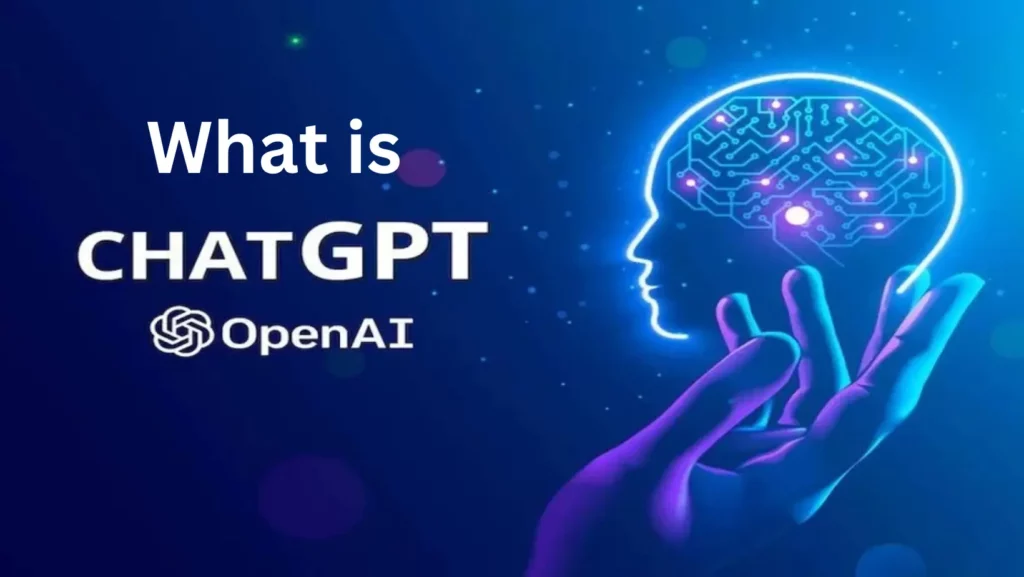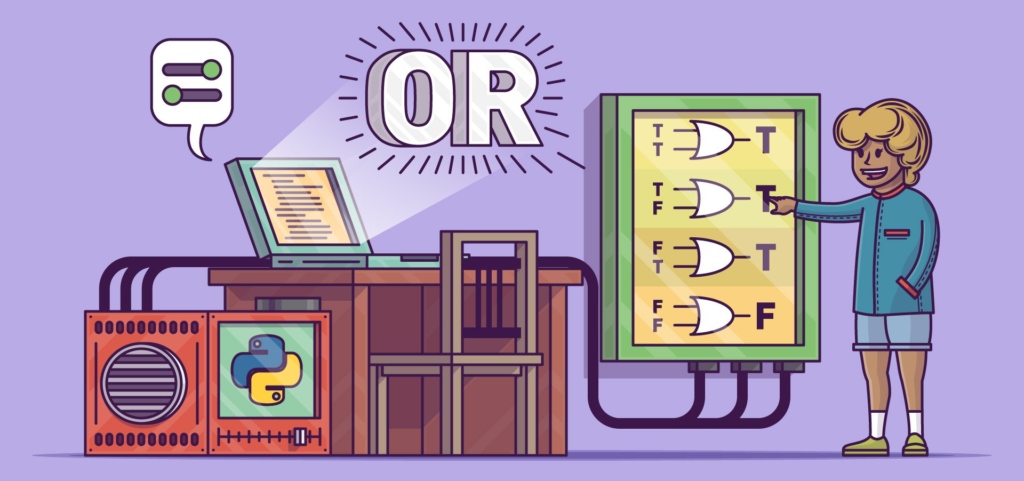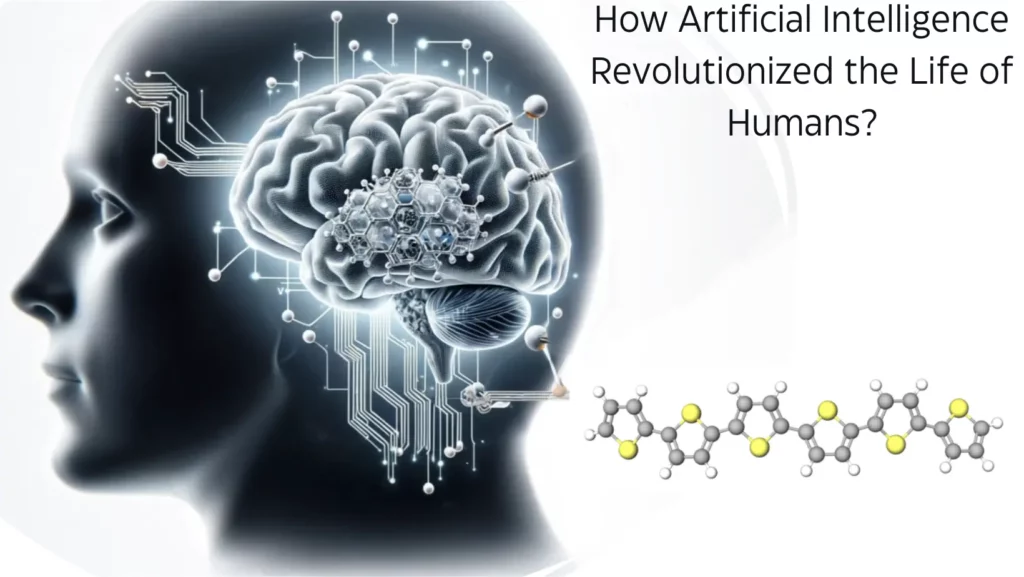Many have been let down by OpenAI in delaying the release of the highly expected fifth iteration of Generative Pre-trained Transformer (GPT-5). But its incorporation of AI search into ChatGPT is altering the way tech companies structure online information and users access the internet. OpenAI is also tackling copyright and plagiarism lawsuits, and the hegemony of legacy search engines like Google and Bing, by providing real-time access with links to original sources.
What is ChatGPT Search?
On 31 October, OpenAI launched ChatGPT Search. It has GPT-4 as the default model, delivering current online data with references to the sources of information. Users can still chat but can also trigger a web search manually. News and data providers, like the ones OpenAI has partnered with include information and visual designs for weather, stocks, sports, news, and maps categories. Available on ChatGPT. This functionality is available to ChatGPT Plus, Teams, and SearchGPT waitlist users on Openai. OpenAI aims to make it free for enterprise, education, and all users in the months to come.
What does this mean for Google Search?
That’s poised to upend ad-reliant revenue models with the advent of artificial intelligence-powered chatbots such as ChatGPT in search engines. By offering direct responses, these AI products minimize the need for users to go to high-traffic websites leading to a decline in ad impressions and clicks. ChatGPT boasts 200 million weekly active global users, and its search feature will only accelerate adoption. Google, however, retains a dominant 89.33% market, with Microsoft’s Bing at 4.15%, Statista data show. Google revenue 2023 = $305.63 billion, mainly related to online search which may if ChatGPT clicks to affect advertisement.
But Don’t search engines iterate as well?
The search was being built by OpenAI, itself, now holding SearchGPT integrated with ChatGPT. But Google’s Gemini as well as Microsoft’s Bing and Perplexity AI already provide search features for their large language model (LLM) chatbots, harnessing real-time data for precise, relevant answers. Meta has also been said to be building its own search engine.
Can AI searches actually be safe and credible?
The more AI is mixed with real-time searches, the more errors and biases. Ensuring ethical standards also involves important considerations, with the effect on user privacy and transparency of the AI decision-making processes being among these. It claims that prompts trigger its searches and that it may share “disassociated search queries with third-party search providers such as Bing”. ChatGPT also collects generic information regarding your location based on the internet protocol (IP) address and may share it with search providers of third parties.
What else is cooking in search-land?
Google’s Project Jarvis, OpenAI agents and Anthropic’s Claude 3.5 Haiku are developing ‘AI agents’ — programs that perform tasks to achieve specific goals without human input. They are designed to simplify complicated online activity and improve user experience. Project Jarvis uses the Gemini 2.0 language model to help people with everyday web-based tasks, converting a screenshot into commands to click buttons or write text. OpenAI’s agents independently roam the web, conducting research and shopping.







